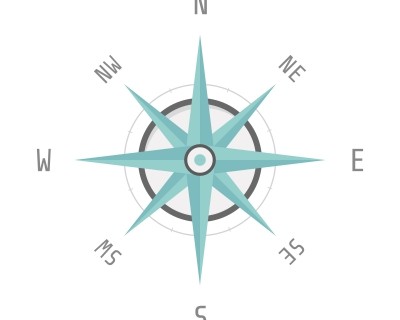Journey to the Center of Assessment

Ever wonder what goes on at the Higher Learning Commission (HLC) assessment workshops? Is your campus considering signing up for the Assessment Academy? You might want to attend Highland Community College’s presentation during the morning breakout sessions. Members of the Highland Community College Assessment Committee will share their experiences with the HLC workshop, pros and cons, advice for first-timer attendees, highlights of the experience, and benefits gained. In addition, the presenters will provide an overview of the implementation of their college’s assessment plan. The presenters promise an interactive session with participants joining in a couple of activities/processes that their team brought back from the academy and found interesting, useful, and enjoyable. The final line of their session description is my favorite, “Caveat: We are presenting as colleagues sharing the journey, not as accomplished experts providing authoritative advice!” Sounds like a perfect session to me. Sheri H. Barrett, Ed.D



